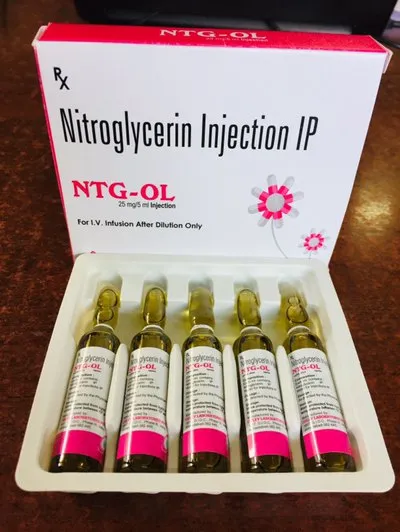What Is the Full Form of the NTG?
The NTG full form is Nitroglycerin. It is a yellow liquid substance that is employed as a vasodilator and dynamite in medicine for demolition purposes. As a vasodilator, it is used to treat many heart conditions, including angina or chest pain, as well as heart failure. It is available as pills, sprays, and patches. It belongs to the class of substances known as nitrates.
Read Other Full Forms

How does NTG Medication Operate?
- When there is insufficient blood flow to the heart, NGT enables blood vessel dilation to enhance blood supply to the heart.
- In order to enhance blood flow, the coronary arteries in the heart are dilated. As the fluid begins to flow normally, chest discomfort and pressure on the heart decrease.
- There are both short-acting and long-acting versions of nitroglycerin available. Tablets and sprays are rapid-acting formulations.
- These varieties are used to alleviate angina, but only before activities that can trigger angina, such as playing, exercising, walking uphill, etc.
- The tablet is put under the tongue or between the cheek and gum.
- The spray is sprayed under or onto the tongue.
- Long-acting methods are employed to avoid the hazards of angina.
- They are inappropriate for unforeseen symptoms of angina.
- These sorts are available in numerous pill, tablet, and topical ointment forms.
Sides Effect of NTG
Some typical adverse effects of NTGs include:
- Nausea
- Lightheadedness
- Headache
- Dizziness

